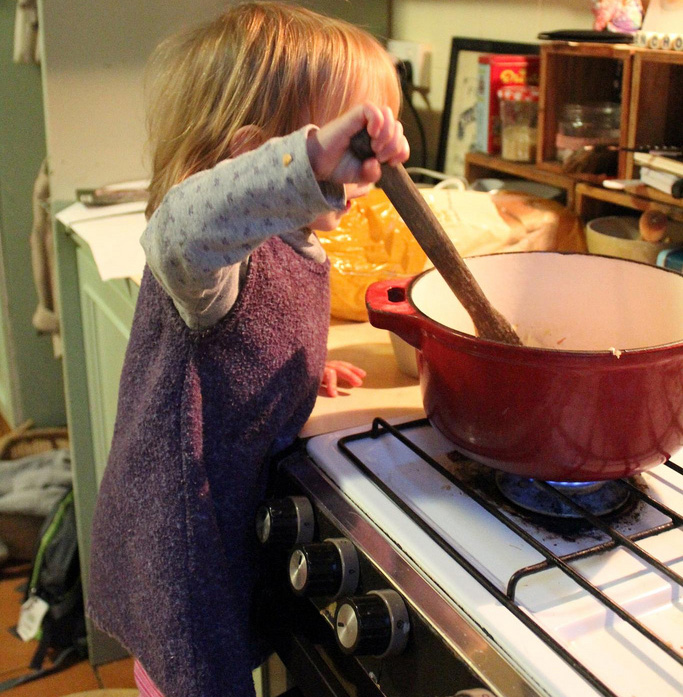“If you are uncertain, or lack evidence, about whether a particular outcome was caused by a preceding event, you are more likely to quickly associate them together,” says Sang Wan Lee, author of a new paper from Caltech. The surprising finding indicates that our “survival” learning, like fearing spiders or not eating the kind of food that gave you food poisoning last time, are more likely to make a strong impression when there is uncertainty or a lack evidence of cause and effect.





